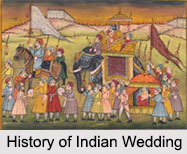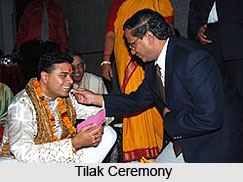Brahmo Marriage Act was passed in 1872, aiming to legalize Brahmo marriages. Brahmo marriage act was passed only after declaring that Brahmos were not Hindus and so were not subject to Hindu marriage law. The social radicals fought for the Brahmo Marriage Act as it provided both the privileges of civil marriage freed from Hindu rituals, as well as a legalization of Intercaste marriages. The controversy that evolved from the marriage bill came with other points of conflicts also, as radicals tried to introduce further changes in the role of women. One such personality, Durga Mohun proposed that women should be allowed to sit with their relatives during services at the Brahmo temple. Sen argued against this and after this debate, turned away from his advocacy of social change in accordance with Brahmo Marriage Act. After 1875 he demonstrated a new interest in severely religious issues by organizing a seminar to study different religions and their prophets. Here he found Brahmos from the austere faction who happily joined in this project.
Marital reform among the Brahmo community finally won approval of the government with the enactment of this Act III, the Brahmo Marriage Act. This new tradition of reformed Hinduism is compellingly articulated before orthodox Hindu leaders of Calcutta by Adi Brahmo Samaj president, Rajnarian Bose.
This article is a stub. You can enrich by adding more information to it. Send your Write Up to content@indianetzone.com



















